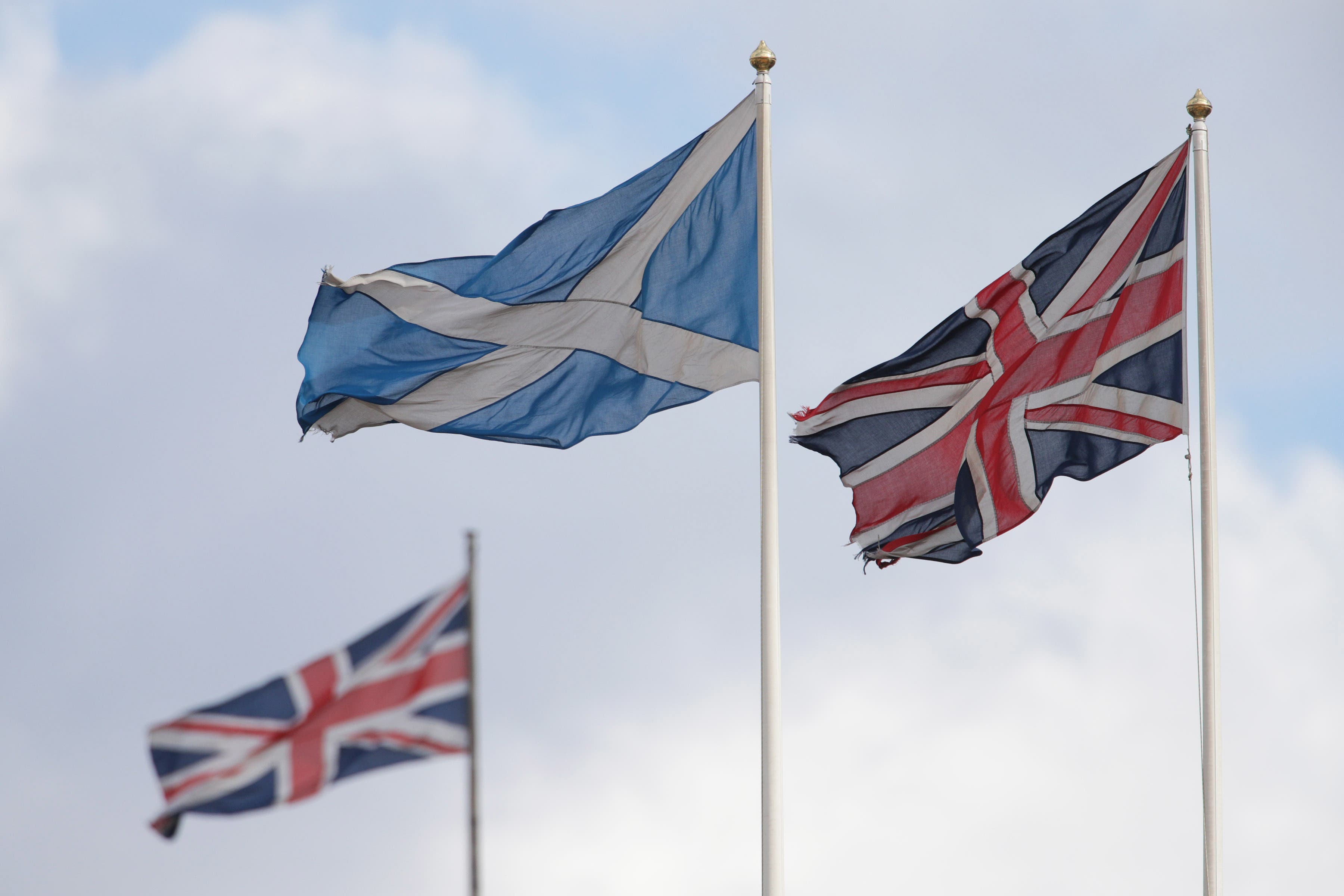Foolish to assume independence is ‘over and done’ despite SNP troubles – expert
Mark Diffley said that as things stand it is looking ‘unlikely’ the SNP will hold on to power in 2026.

Your support helps us to tell the story
From reproductive rights to climate change to Big Tech, The Independent is on the ground when the story is developing. Whether it's investigating the financials of Elon Musk's pro-Trump PAC or producing our latest documentary, 'The A Word', which shines a light on the American women fighting for reproductive rights, we know how important it is to parse out the facts from the messaging.
At such a critical moment in US history, we need reporters on the ground. Your donation allows us to keep sending journalists to speak to both sides of the story.
The Independent is trusted by Americans across the entire political spectrum. And unlike many other quality news outlets, we choose not to lock Americans out of our reporting and analysis with paywalls. We believe quality journalism should be available to everyone, paid for by those who can afford it.
Your support makes all the difference.It would be foolish to assume Scottish independence is “over and done with”, despite there not being another clear path to a referendum, a pollster and analyst has said.
Speaking ahead of the 10-year anniversary of the vote on September 18, Mark Diffley said that as things stand it is “unlikely” the SNP would be able to form a government after the next Holyrood election in 2026.
Wednesday will mark a decade since Scots went to the polls to decide the country’s constitutional future.
On a record turnout, voters were asked to decide on the proposition, “Should Scotland be an independent country?’ – with No taking 55% of the vote and Yes 45%.
Mr Diffley told the PA news agency the debates around the independence referendum have shaped almost all of Scottish politics since then.
The former director of Ipsos Mori in Scotland said the assumption in Scottish Labour at the time had been that the No vote in 2014 would “bring everything back to normal” and put an end to the SNP’s surge.
Instead, the SNP won over the coalition of Yes voters as well as some No voters to take all but three of Scotland’s seats in the 2015 general election.
Mr Diffley said: “What happened was (the referendum) went on to dominate how we voted in pretty much every form of election, I would argue, until this year.”
Since SNP’s landslide general election win in 2015, the party has lost more than a third of its vote and fell to nine seats at the last general election.
Two events in the decade following the referendum pushed support for independence to just beyond 50%, he said, these being the Brexit vote and Nicola Sturgeon’s response to the Covid pandemic.
However, economic and public service concerns seem to have displaced independence as the main concern for many voters, he said, adding: “Satisfaction with the NHS has gone down.
“Satisfaction with the school system has gone down.
You be a fool to think that's a done deal - anything with that level of support is something that should have red lights flashing for unionist parties
“Over time, these issues have replaced the constitutional question as the real barometer around which people will decide how to vote.”
As voters’ understanding of devolution has increased, he said the incumbent Scottish Government is now more likely to “carry the can” for any perceived policy failures.
Mr Diffley said: “The fact that we’ve still got 45% and upwards supporting independence suggests this is not an issue that’s dealt with in the long term.
“There currently is no vehicle for achieving a second referendum either legally or politically, because the SNP is weak.
“It’s likely, I would say – at this stage – to be voted out of government.
“You’ve got a UK Government that has no interest in re-litigating this issue.
“But still nearly half the population would vote for it.”
If the SNP is able to “mend itself” it is perfectly feasible that independence could be back on the table, he said.
He added: “The sense of flux in the political world is greater than I’ve ever seen it.
“You be a fool to think that’s a done deal – anything with that level of support is something that should have red lights flashing for unionist parties.
“So absolutely not over and done with.”